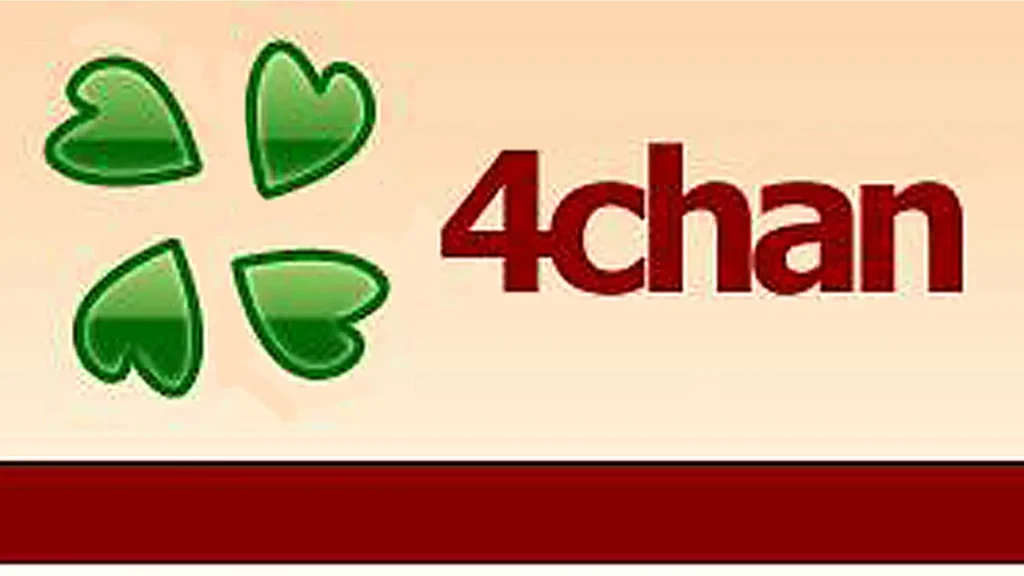4chan, the notorious online forum that birthed a wave of internet culture, has left an indelible mark on the digital landscape since its inception in 2003. Known for its chaotic and unfiltered approach to content, 4chan’s history reflects the complexities of anonymity and freedom of expression on the web. The impact of 4chan on various communities, including those that thrive on social media, cannot be overstated, as it fostered a space where memes, trolling, and radical ideas flourished outside conventional platforms. Despite recent challenges such as censorship and security breaches, the resilience of the 4chan community is evident in its ability to adapt and evolve. As we explore 4chan’s legacy, we uncover the deep connections between its unique culture and the broader phenomenon of online interaction today.
The controversial message board, often referred to as an incubator of memes and radical discourse, has cultivated a reputation that extends beyond its digital corners. This platform serves as a significant reference point in discussions around internet culture, showcasing how anonymity can drive both creativity and chaos. The online ecosystem, influenced by entities like this forum, has seen a transition where ideas and interactions prevalent on 4chan have permeated more mainstream social networks. Terms like ‘shitposting’ and the competitive banter of trolls have found their way into everyday online communication, shaping how users engage with content. Understanding the nuances of this forum’s influence provides critical insights into the dynamics of contemporary digital expression.
The Evolution of 4chan: From Edgelord Hub to Internet Relic
4chan was born from the desire to create a space for anonymity and unfiltered expression. Its formation in 2003 drew inspiration from Japanese forums, promoting a culture of free speech devoid of the constraints prevalent in contemporary social media. During its peak, 4chan flourished as a breeding ground for “edgelord” content, serving a community that reveled in shock humor and transgressive discussions. This digital haven allowed users to freely share thoughts, memes, and images, making it one of the first platforms to normalize the chaotic nature of online discourse. As mainstream social media began to adopt stricter community guidelines, 4chan remained unrestrained, focusing on sheer volume and spontaneity of content, often pushing boundaries that the wider internet dared not cross.
However, as the social media landscape began to mature in the 2010s, the gap between 4chan and other platforms narrowed. Competition arose from places like Reddit and Twitter, which began to embrace the “shitposting” ethos that had initially characterized 4chan. The rise of these platforms challenged 4chan’s status as the online sanctuary for irreverent humor. By the time it was sold in 2015, the forum’s once-dominant voice was fading, echoing less frequently in the halls of internet culture as other spaces started to adopt its irreverent style.
Frequently Asked Questions
What is the history of 4chan and its impact on online culture?
4chan, founded in 2003 by Christopher Poole (known as moot), was inspired by the Japanese message board 2channel. It quickly became a hub for anonymous posts, memes, and controversial content that shaped internet culture. 4chan’s influence includes the popularization of ‘shitposting’ and the rise of meme culture—demonstrating how online communities could thrive on anonymity and irreverence.
How did 4chan’s community influence the dynamics of social media?
The 4chan community fostered a unique environment where humor, irony, and anonymity thrived, influencing platforms like Twitter, TikTok, and Reddit. Its approach to content, which featured unfiltered and often politically incorrect humor, paved the way for the current social media landscape, where such content can be found widely accepted.
What role did censorship play on 4chan?
Censorship on 4chan has always been a contentious issue. The platform is often at the center of discussions about free speech versus harmful content. As 4chan became increasingly notorious for hate speech and extremist ideologies, other social media sites implemented stricter moderation, often contrasting with 4chan’s more laissez-faire attitude until recent limitations emerged during backend upgrades.
What are the parallels between 4chan and modern social media?
4chan’s legacy as a breeding ground for memes and online discourse parallels modern social media platforms where similar content thrives. The culture of quick, often incendiary humor seen on 4chan has permeated sites like Twitter and X, showcasing a shift towards more irreverent and provocative online engagement.
Can 4chan still be considered a leading platform for digital radicalization?
While 4chan historically served as a significant venue for digital radicalization, its relevance has declined as new underground platforms emerge. Today, radicalization often occurs in private groups on platforms like Discord or Telegram, which offer more secrecy and encryption compared to the traditional visibility of 4chan.
What is the future of 4chan in the evolving digital landscape?
The future of 4chan remains uncertain as it competes with a myriad of platforms that replicate or enhance its features. Although it has faced shutdowns and hacks, the site’s ability to adapt could allow it to maintain its distinct community. However, the increasing shift towards private online spaces may diminish its prominence as a radicalization hub.
What impact did 4chan have on contemporary humor and meme culture?
4chan has heavily influenced contemporary humor and meme culture, introducing concepts like ‘lulz’ and ‘trolling’ that permeate today’s online interactions. The site’s blend of absurdism and nihilism created a template for meme generation and sharing that is evident in many current social media trends.
How did the 2015 sale of 4chan affect its platform and community?
The 2015 sale of 4chan led to changes in its management and direction. While it had previously thrived on a lack of oversight, the ownership changes aimed at stabilizing the platform’s operations, but also brought about increased scrutiny and challenges regarding content moderation, potentially altering the dynamics within its community.
| Key Point | Details |
|---|---|
| Origin of 4chan | Founded in 2003 by Christopher Poole, inspired by Japanese message board 2channel. |
| The Appeal of Anonymity | Users posted anonymously, creating a collective identity and freedom from social norms. |
| Content and Culture | Early hub for controversial content, including pornography and political discussions; fostered slang and memes. |
| Decline in Relevance | As of the 2010s, 4chan lost its edge to other platforms that became more mainstream for similar content. |
| Hacking Incident | In 2024, hackers temporarily shut down 4chan and leaked its source code, exposing vulnerabilities. |
| Cultural Impact | 4chan influenced online discourse and established many meme cultures that permeate the internet today. |
| Current Status | 4chan struggles with modernization but claims that its community remains irreplaceable. |
| Emerging Extremism | Much of today’s extremism has moved to private platforms, reducing 4chan’s role as a radicalization hub. |
Summary
4chan has significantly influenced today’s internet culture but faces decline as newer platforms overtake its role. For 4chan, this is a bittersweet situation revealing how its edgelord legacy has become mainstream. As radicalization shifts to private channels, the question arises: Can 4chan reclaim its position, or is it destined to linger in the shadows of a more sanitized web? Ultimately, while 4chan might appear left behind, its irreverent spirit permeates many facets of digital communication today.



